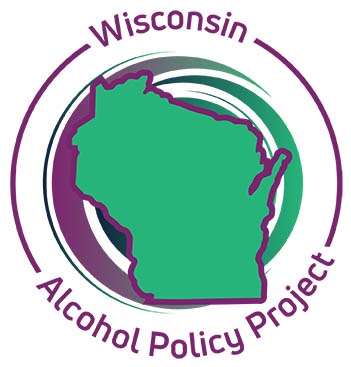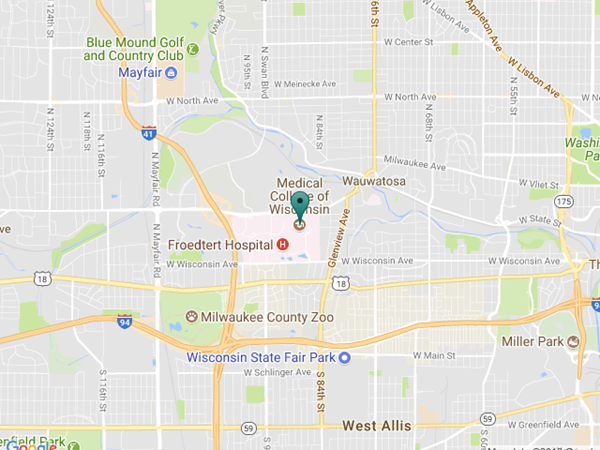Wisconsin Alcohol Policy Project (WisAPP)
Excessive alcohol use remains a significant threat to the health, safety and prosperity of Wisconsin’s residents. In Wisconsin, the alcohol control framework is guided by the Wisconsin Statutes, which provides municipalities with the authority to license and regulate alcohol sales. Wisconsin’s municipalities have the ability and authority to improve their community alcohol environment. Research has identified policies or practices that prevent and reduce alcohol misuse without inconveniencing moderate adult drinkers.
The Wisconsin Alcohol Policy Project (WisAPP) supports local elected leaders, public health professionals and others as they identify local alcohol-related issues and implement policies to address them.

Wisconsin Alcohol Age Compliance Checks (AACC) Manual

Understanding the Problem
Defined as binge drinking, heavy drinking, underage drinking, and drinking while pregnant, the impact of excessive alcohol use ripples throughout society, impacts violence and injury, and negatively impacts the economy.
Understanding the problem
Policies & Procedures
WisAPP provides comprehensive reporting that covers recommendations for misuse of alcohol in Wisconsin, resources for learning about alcohol to go, alcohol visibility, and provisions municipalities can establish on government property.
Policies & procedures
Compliance & Enforcement
Alcohol misuse has detrimental impacts on health, brain development, and public safety, but there are safeguards in place by policy makers, and enforcement is critical from server to seller.
Compliance & Enforcement
Licensing & Permits
Alcohol licensing resources for communities to ensure safety, security, and common courtesy for neighboring businesses and residences, including information about municipal alcohol retail licenses.
Licensing & permits
Tools & FAQ
WisAPP provides tools in the form of data, information, and strategies to help communities to work together to prevent excessive alcohol use, and training can be requested on a variety of alcohol topics.
WisAPP tools & FAQsContact Us
Wisconsin Alcohol Policy Project
Comprehensive Injury Center
Medical College of Wisconsin
8701 Watertown Plank Rd.
Milwaukee, WI 53226
wisapp@mcw.edu
This project is funded by:
Wisconsin Department of Health Services
Division of Care and Treatment Services


